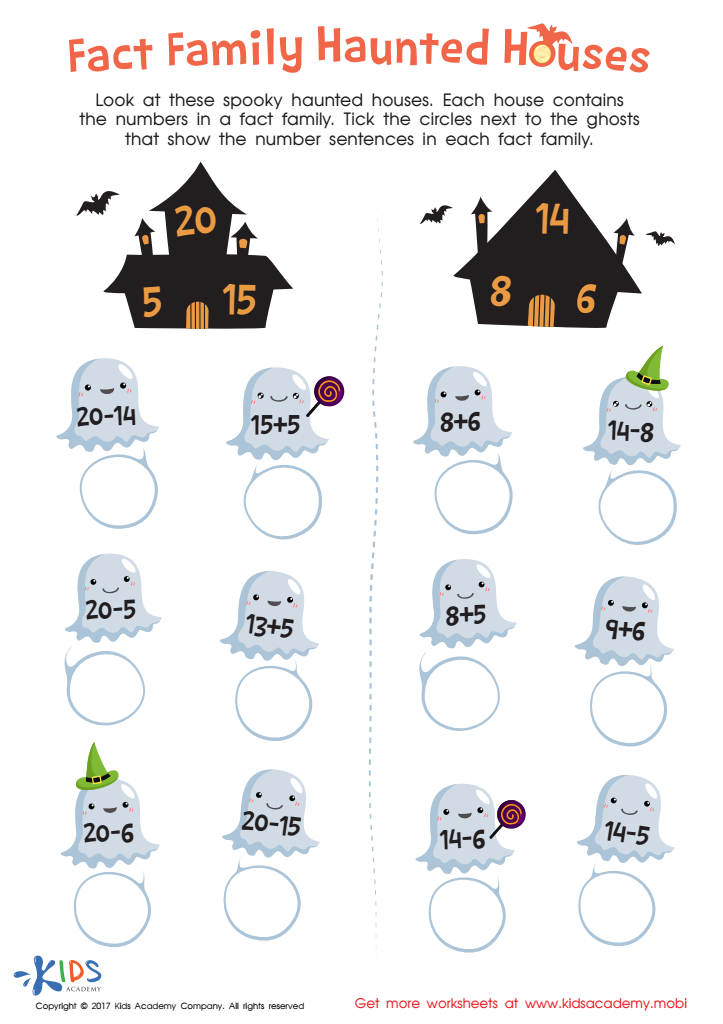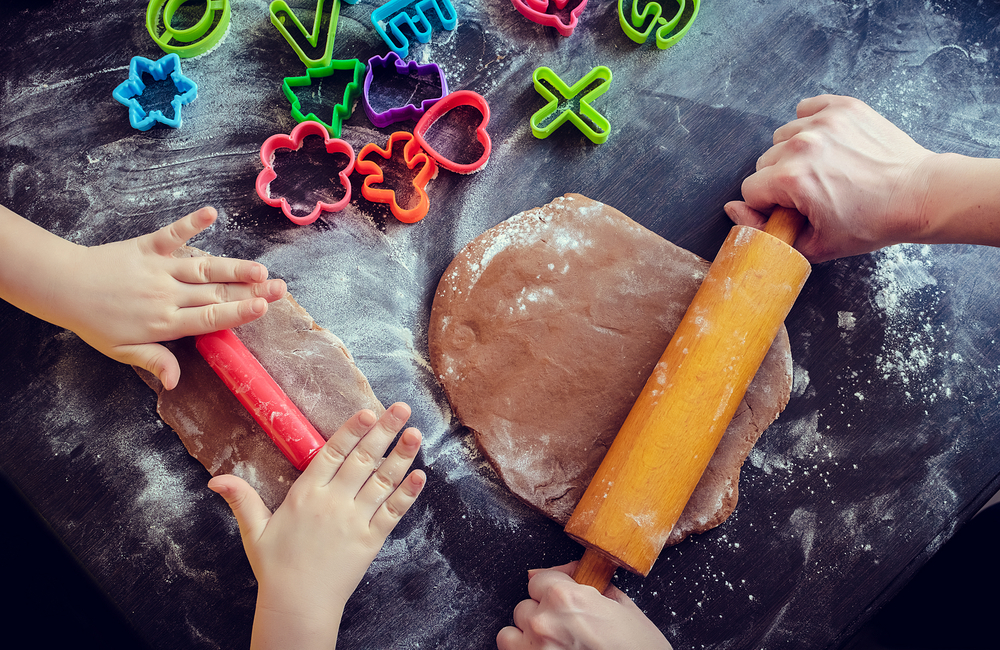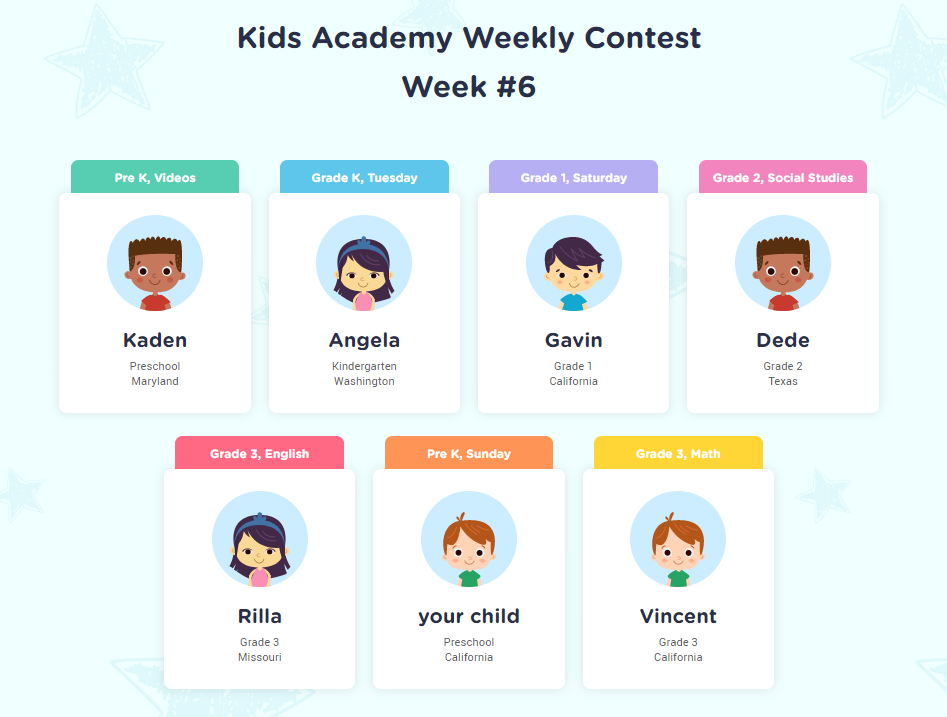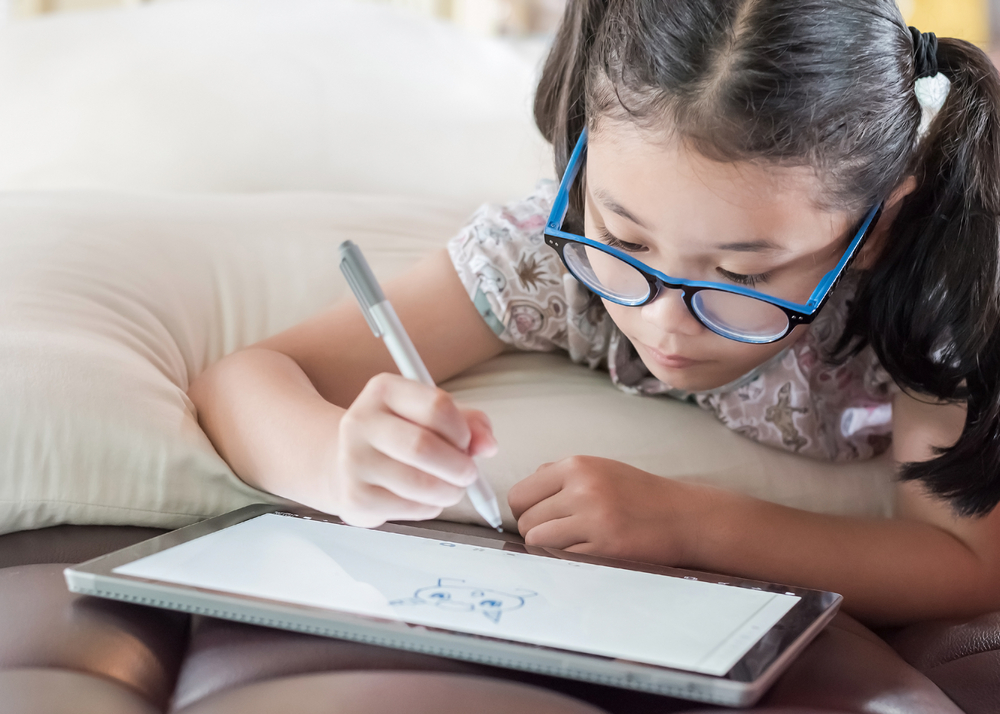Improve number relationships knowledge Worksheets for Kids
1 filtered results
-
From - To
Question/Answer
How to train the Improve number relationships knowledge skill in Grade 1 students learning about Addition & Subtraction?
To train Grade 1 students in improving their number relationships knowledge for Addition & Subtraction, use hands-on activities like manipulatives (blocks, counters), interactive games, and visual aids (number lines, charts). Incorporate storytelling that involves adding or subtracting items, and practice simple word problems. Encourage mental arithmetic by playing "What comes next?" games focusing on sequential number patterns.
Why is the Improve number relationships knowledge skill important for Grade 1 students?
The Improve number relationships knowledge skill is crucial for Grade 1 students as it lays the foundation for understanding mathematical concepts. It helps them recognize patterns, compare numbers, and understand the relationships between numbers, which are key to developing problem-solving skills, critical thinking, and the ability to perform basic arithmetic operations, essential for their future academic success in mathematics.
What are some effective activities to train students’ Improve number relationships knowledge skill when teaching them about Addition & Subtraction?
Effective activities include number line exercises for visualizing addition and subtraction, using manipulatives (like blocks or counters) for hands-on practice, playing math games that emphasize strategy and calculation, engaging in story problems to apply skills in real-world contexts, and conducting math circles or groups for peer learning and discussion about different strategies for solving problems.

 Assign to the classroom
Assign to the classroom
.jpg)











